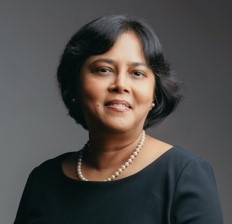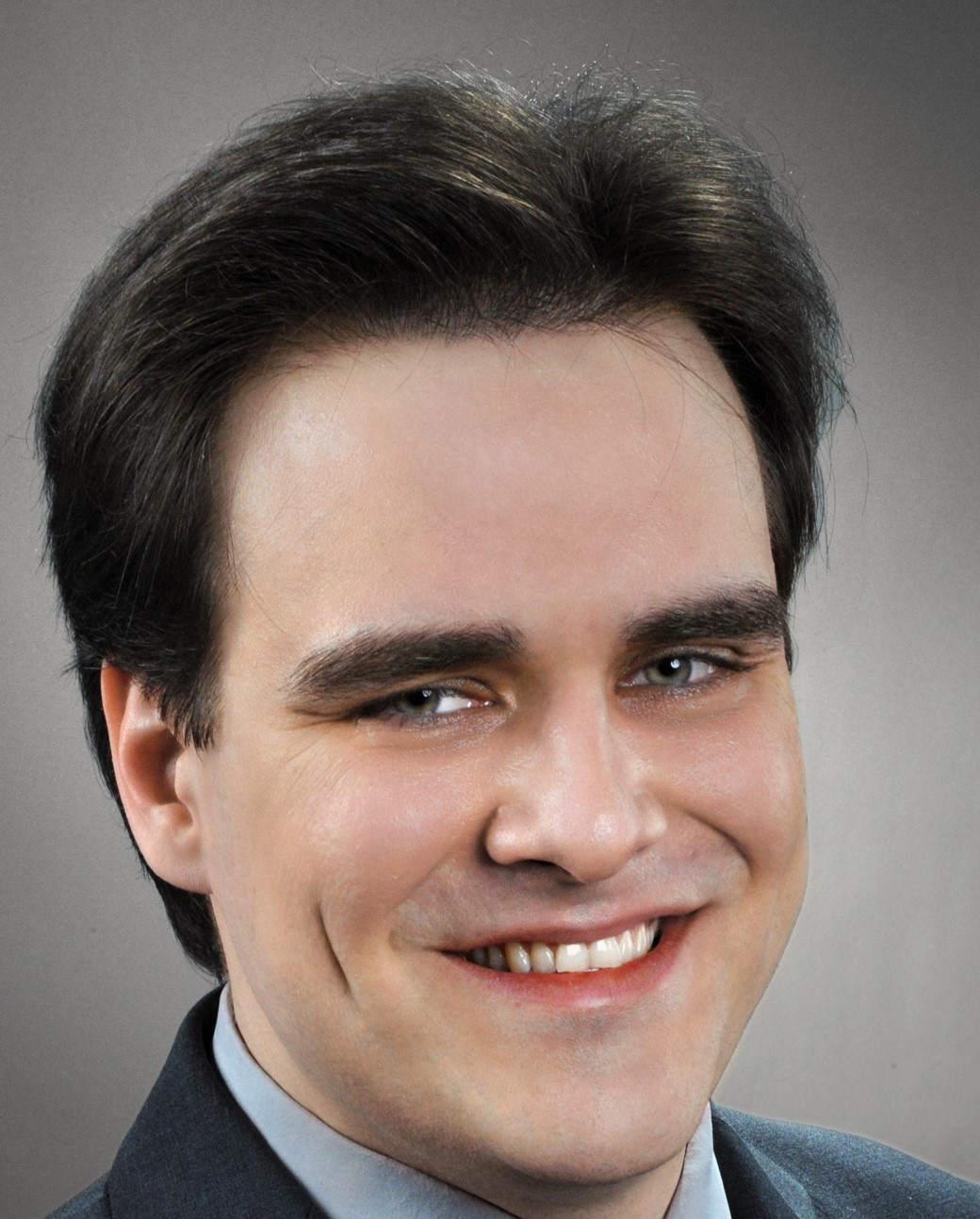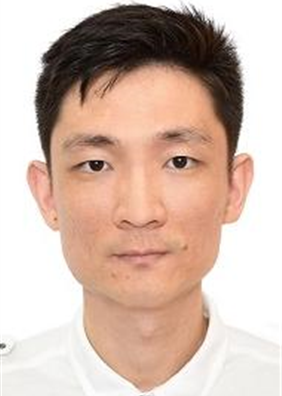
Tulika Mitra
National University of Singapore
Speech Title: Beyond von Neumann: CGRA for Embedded Systems
BIO: Tulika Mitra is Provost’s Chair Professor of Computer Science and Vice-Provost (Academic Affairs) at the National University of Singapore (NUS). Her research focuses on the design automation of smart, energy-efficient, safety-critical embedded computing systems. She has served as the Editor-in-Chief of ACM Transactions on Embedded Computing Systems, General/Program Chair of ICCAD, and General Chair of ESWEEK. Tulika has been recognized with the Embedded Systems Week (ESWEEK) Test-of-Time Award, several best paper award or candidates in top conferences, Indian Institute of Science S. K. Chatterjee Award for Outstanding Woman Researcher, and ACM SIGDA Distinguished Service Award among others.
Abstract: The von Neumann model has dominated the computing industry for many decades. However, in the post-Moore's Law era, where parallelism is essential for modern workloads, alternative architectures like dataflow have gained renewed interest. Several domain-specific hardware accelerators rooted in the dataflow computing model have emerged to cater to the demanding performance and energy-efficiency needs of such workloads. Yet, this specialization shift challenges the flexibility and programmability cherished in general-purpose processors. How can we blend the benefits of both paradigms? In this talk, I will present Coarse-Grained Reconfigurable Array (CGRA) accelerators, an innovative embodiment of dataflow computing that remains domain-agnostic. This approach envisages a synergistic hardware-software co-design strategy, allowing the same silicon to be morphed and instantiated to support various dataflows via software. Consequently, it offers the efficiency of specialized accelerators while preserving the adaptability needed to accommodate diverse applications. I will delve into the challenges and spotlight the significant opportunities this novel paradigm introduces to embedded systems design.

Michael Pressler
Robert Bosch GmbH
Speech Title: Towards Reliable Distributed Edge-Cloud Applications
BIO: Michael Pressler is a research engineer for cyber-physical systems engineering at Bosch Corporate Research in Stuttgart, Germany. Michael studied computer science at the University of Karlsruhe and worked at the FZI Research Center for Information Technology in Karlsruhe. He joined Bosch in 2015. He worked on several topics at Bosch from system design and performance analysis for embedded multi-core systems, building mixed-criticality integration platforms and reliable distributed systems in industrial automation. He is currently leading a research activity for safe & predictable architectures for distributed real-time applications.
Abstract: “Software-defined vehicles” are pressuring the automotive industry to adapt to new development paradigms. New innovate approaches and HW/SW architectures for vehicles are required to develop and deploy software in the future. This shift in software development will result in a higher degree of freedom to deploy software not only in-vehicle. It will enable vehicles to expand towards off-board edge- and cloud services.
This change is already in place for services that are not critical for the operation of vehicles like entertainment and navigation systems. Thinking further ahead we are facing the introduction of latency- and safety-critical computing tasks that are performed outside of the vehicle leading into a breakthrough technology we call “Reliable Distributed Systems” (RDS).
Complementing limited onboard compute with edge/cloud compute as well as enriching on-board sensory with information from external sources like other vehicles and/or infrastructure enables more complex applications or even collaborative control of vehicles. Realizing this will lead to new challenges approaches from end-to-end application-level latency management to new ways of addressing automotive safety systematically.
RDS is the basis for a paradigm shift in the way intelligent and autonomous systems will be built in future. It allows information from individual systems to be reliably fused into a real-time distributed world model enabling better and more intelligent decisions. This will not be limited to automotive systems but can also expand and enable novel applications system architectures in a variety of domains from industrial automation over building automation to consumer robotics.

Wanli Chang
Hunan University
Speech Title: From MCS to MRS: A Practice-Driven Paradigm Reform
BIO: Wanli Chang is a Full Professor at Hunan University, China, and Chair of ACM SIGDA. His research focuses on embedded and real-time systems, as well as design automation of chiplets. He used to hold a permanent faculty position at the University of York, UK. His PhD degree is from the Technical University of Munich, Germany, and Bachelor’s degree from Nanyang Technological University, Singapore. His research output has been applied to tens of millions of devices through industry partners including Bosch, Huawei, Xiaomi, and Meta. He is currently running a national key R&D project developing compilers and operating systems to support deep learning in edge.
Abstract: There has been strong criticism on the traditional theories of mixed-criticality systems (MCS) from industry, for its easy abandoning of low-criticality tasks. Even its recent variation of offering degraded service does not meet practical needs. In this talk, we propose MRS (Mixed-Requirement Systems), which is defined from the design perspective instead of application characteristics. In essence, design of MRS is to resolve resource contention, satisfy the requirements of all tasks, and make everything predictable. We’ll use an industrial case study to illustrate the new term and design process.